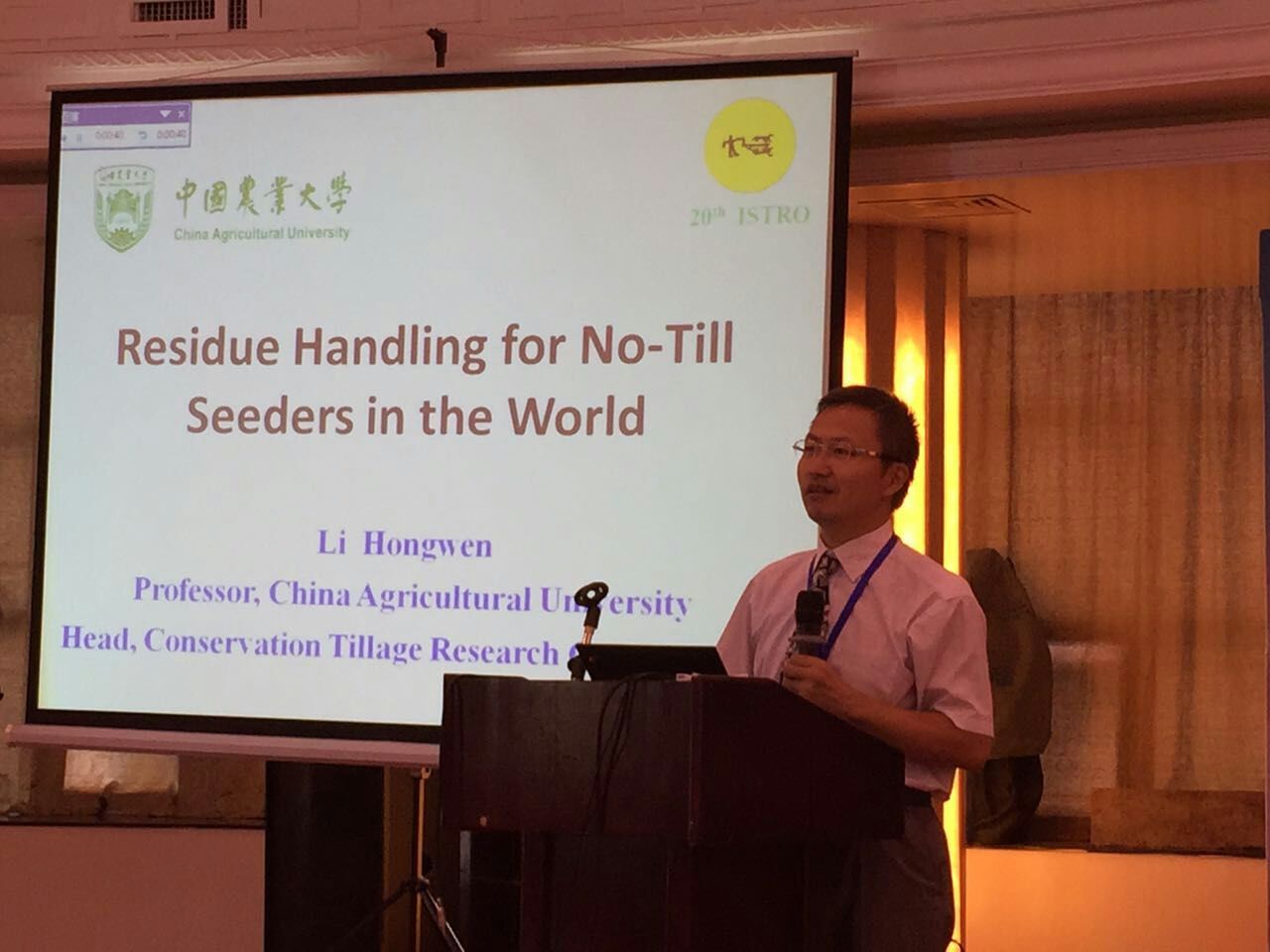Traffic and tillage effects on wheat production on the Loess Plateau of China: 2. Soil physical properties
October 20,2015
Infos:
Controlled traffic zero and minimum tillage management with residue cover has been proposed as a solution to erosion and other soil degradation challenges to the sustainability of dryland farming on the Loess Plateau of China. This was assessed between 1998 and 2007 in a field experiment involving a conventional tillage treatment, and 2 controlled traffic treatments, no tillage and shallow tillage, with full straw cover in both cases. This paper reports the soil physical properties after 9 years of dryland wheat production under these treatments, and the substantial improvements seen in soils under controlled traffic. Compared with conventional tillage, controlled traffic significantly reduced soil bulk density in the 0–0.15 m soil layer, and increased total porosity in the 0–0.60 m soil layer, where macroporosity (>60 mm) and mesoporosity (0.2–60 mm) increased at the expense of microporosity (<0.2 mm). Readily available water content and saturated hydraulic conductivity were greater in controlled traffic treatments. Controlled traffic farming appears to be an improvement on current farming systems on the Loess Plateau, and valuable for the sustainable development agriculture in this region.
